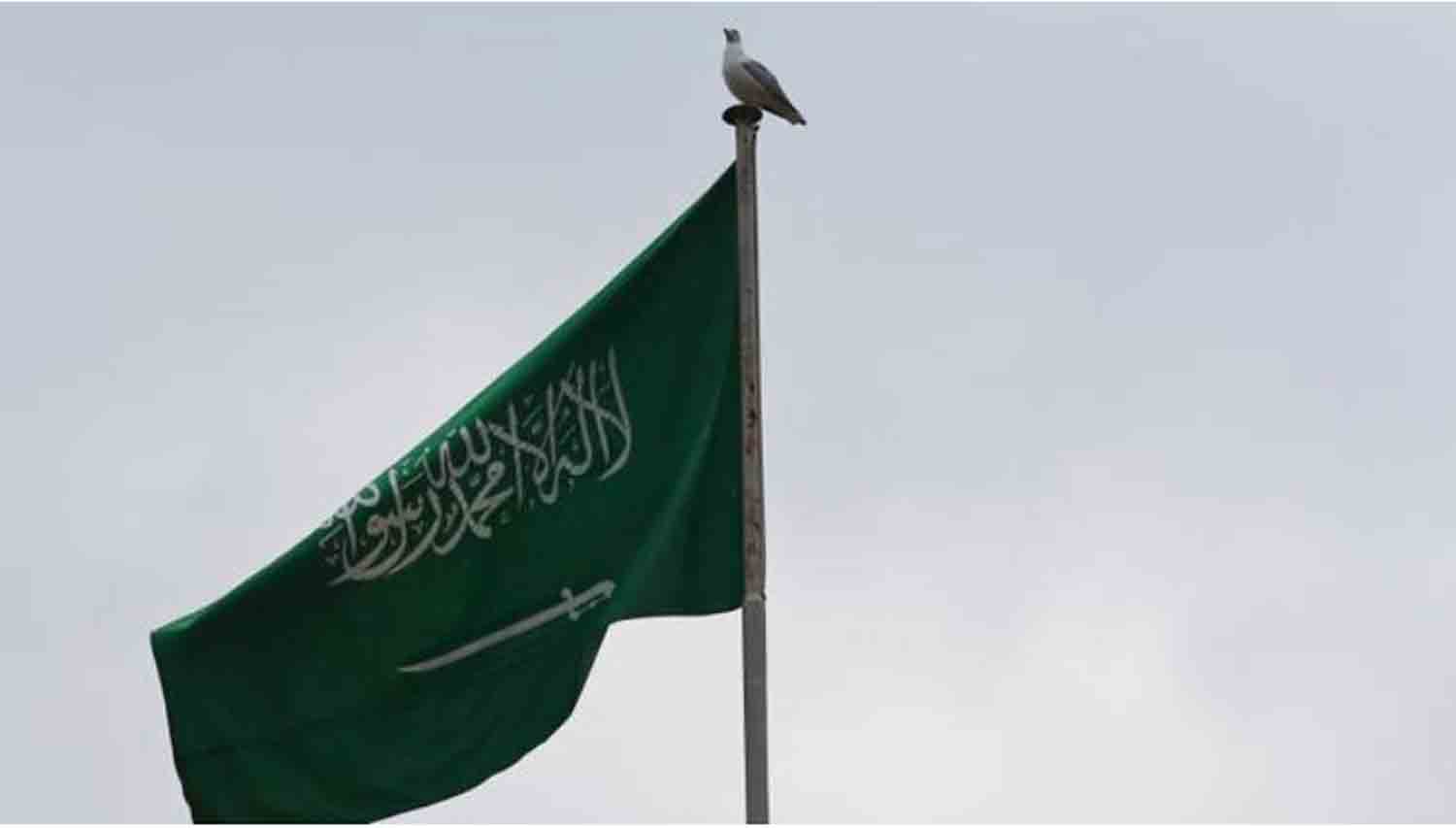Oil prices have plummeted, and foreign investors are hesitant to engage with Saudi Arabia‘s ambitious megaprojects; however, the kingdom seems unfazed. According to Reuters, Saudi Arabia is conveying to oil industry insiders that it can manage with low energy prices.
Experts suggest that this is feasible because the kingdom currently enjoys a financial position that many would find enviable. Despite efforts to reduce its dependence on energy revenue, as exemplified by initiatives like Neom, oil still constitutes approximately 61 percent of Saudi Arabia’s revenue as per its 2025 budget.
The Gulf kingdom, along with other Gulf states, is among the few globally whose government revenues are heavily reliant on energy prices. This dependency is why analysts frequently refer to the term ‘break-even oil point’ when discussing the kingdom’s finances, which indicates the oil price necessary for Saudi Arabia to avoid a budget deficit or surplus.
Oxford Analytica estimates that Saudi Arabia requires oil prices exceeding $100 per barrel to balance its budget in 2025, considering the expenditures of the Public Investment Fund (PIF) on megaprojects.
However, some experts argue that this commonly cited figure requires further examination. Ellen Wald, founder of Transversal Consulting and author of Saudi Inc., asserts that ‘Saudi Arabia doesn’t need to balance its budget.’ She emphasizes that the notion of needing a specific oil price to achieve budget equilibrium does not accurately reflect the kingdom’s evolving perspective on oil pricing.
Budget deficit
Saudi Arabia is comfortable with running budget deficits, as evidenced by its 2025 budget, which anticipates a fiscal deficit of $27 billion, or 2.3 percent of GDP.
A report released in April by the Arab Gulf States Institute indicates that if oil prices average $65 per barrel in 2025, the deficit could reach approximately $56 billion, or 5.2 percent of GDP.
Analysts suggest that this may be acceptable to Riyadh for the time being. Concerns over US President Donald Trump’s tariffs potentially disrupting the global economy have contributed to a decline in oil prices.
Additionally, the possibility of an Iranian nuclear agreement lifting US sanctions on Iran could also impact prices. On Friday, Brent crude, the international benchmark, was down 1.2 percent, trading at $61.40 per barrel. A significant budget deficit can negatively affect a country’s financial health.
For instance, Trump pledged to reduce the US’s current 6.5 percent deficit to three percent during his campaign. Recently, some experts have issued dire warnings regarding the US budget deficit. However, the US holds a unique position globally as the dollar serves as the world’s reserve currency, providing a buffer for presidents from both political parties against excessive spending.
While Saudi Arabia is not the US, experts believe it also has the capacity to sustain deficits. This month, S&P Global Ratings upgraded Saudi Arabia’s credit rating to A+, aligning it with China and Japan. Furthermore, Saudi Arabia possesses a substantial financial reserve, with foreign reserves exceeding $430 billion and a debt-to-GDP ratio of only 30 percent, significantly lower than that of other emerging markets.
Debt issuance
To address its immediate financing requirements, Saudi Arabia is significantly increasing its debt issuance. In 2024, the country surpassed China to become the leading issuer of international debt in emerging markets.
Analysts predict that this trend will persist into 2025. This year, Saudi Arabia has already issued over $14 billion in debt denominated in dollars and euros, and it may be on track to double that amount by year-end, according to Tim Callen, a visiting scholar at the Arab Gulf States Institute. Callen noted last month, ‘Given Saudi Arabia’s robust fiscal position, managing a larger deficit will not pose a challenge.’
However, he added that in a lower oil price environment, lenders may demand higher interest rates for purchasing the debt compared to earlier this year. Wald expressed a similar sentiment, ‘While the Saudis would prefer to avoid debt, many others are in a similar situation. The new Saudi Arabia is capable of taking on debt.’
Public Investment Fund
Saudi Arabia faces significant financial demands, with the Public Investment Fund (PIF) playing a crucial role in the nation’s economic overhaul. This year, it has secured approximately $5 billion in debt.
However, the kingdom has had to reduce its ambitions for Neom, initially projected as a $1.5 trillion megacity. Organizers claim it will be 33 times larger than New York City and feature a 170km linear city called ‘The Line.’
Instead of the anticipated 1.5 million residents by 2030, officials now expect fewer than 300,000. By that same year, only 2.4km of the city is expected to be completed. Recently, The Financial Times reported that Neom’s CEO has initiated a ‘comprehensive review’ of the project due to ‘limited resources.’
Andrew Farrand, the Middle East director at Horizon Engage, a consultancy specializing in political risk related to energy, noted that the reductions in projects like Neom indicate an acknowledgment within the kingdom that while there is strong demand for its debt, it is not infinite. ‘Saudi Arabia is in a much stronger position than other emerging markets. They have a considerable amount of time before their debt options are exhausted, but there is a limit,’ he stated.
The kingdom’s financial situation has been affected by Trump’s tariff threats, which have created economic uncertainty impacting energy prices. Nevertheless, as Saudi Arabia seeks to engage with global debt markets, it may find opportunities in a new trade environment.
Asian investors, traditionally drawn to US treasuries as a safe investment, have been unsettled by Trump’s trade policies and the US dollar’s status. Timothy Ash, a senior emerging market sovereign strategist at RBC Bluebay, remarked, ‘There is a strong interest in Asia to invest in the Gulf states. Saudi Arabia stands to gain from Asian investors divesting from US debt.
Discover more from Defence Talks | Defense News Hub, Military Updates, Security Insights
Subscribe to get the latest posts sent to your email.





